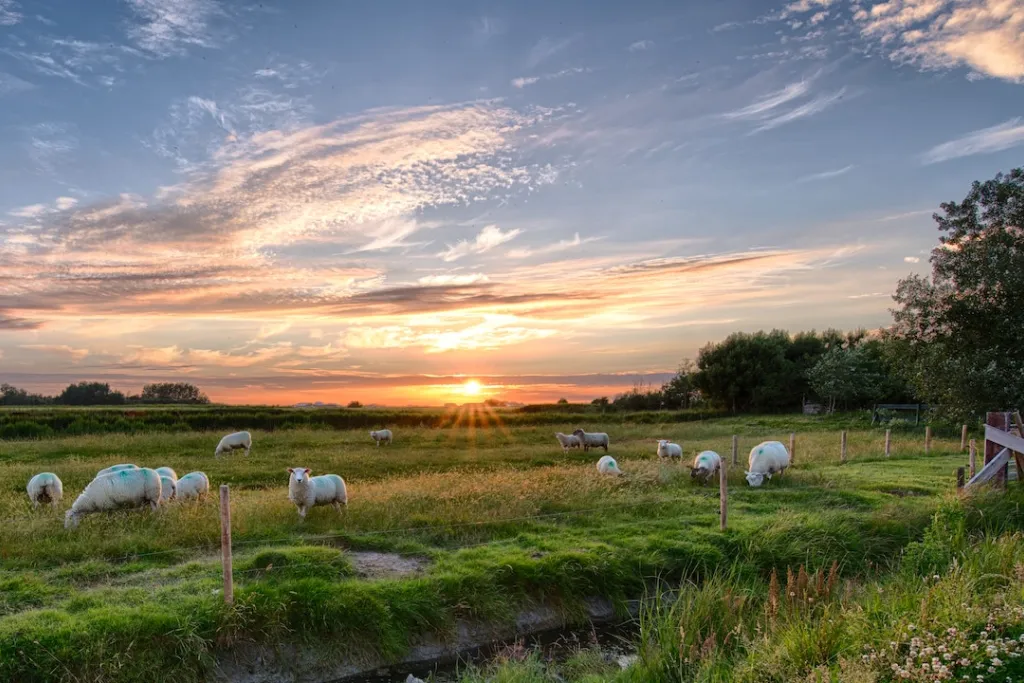Beginning farmer education for adult and young audiences in the United States can generally be traced back to the advent of the 1862 and 1890 Morrill Land-Grant Acts. But, for the first time, the Food, Conservation, and Energy Act of 2008 (Pub .L. No. 110-234, Section 7410) appropriated $75 million for FY 2009 to FY 2012 to develop and offer education, training, outreach and mentoring programs to enhance the sustainability of the next generation of farmers.
The Agriculture Act of 2014 provided an additional $20 million per year for 2014 through 2018. The reasons for the renewed interest in beginning farmer and rancher programs are as follows: the rising average age of U.S. farmers; the 8% projected decrease in the number of farmers and ranchers between 2008 and 2018; and the growing recognition that new programs are needed to address the needs of the next generation of beginning farmers and ranchers.
The Agriculture Improvement Act of 2018 (aka the 2018 Farm Bill) reauthorized the Beginning Farmer and Rancher Development Program and provides mandatory funds for which supports education, mentoring, and technical assistance initiatives for beginning farmers and ranchers.
The technical assistance webinar related to this FY 2024 funding opportunity is now scheduled. Please see details about the webinar, including the registration link, date, and time, via the technical assistance webinar button below. The recording and supporting documents will also be posted to this page after the event.
Other junior and four-year colleges or universities or foundations maintained by a college or university.
State Cooperative Extension Services
Federal, State, Municipal or Tribal agencies
Community-Based Organizations (CBOs)
Nongovernmental Organizations (NGOs)
Private For-Profit Organizations
The applicant must be a collaborative state, tribal, local, or regionally based network or partnership of qualified public and/or private entities.
Please refer to Part III of the current BFRDP Request for Applications for complete eligibility requirements.

